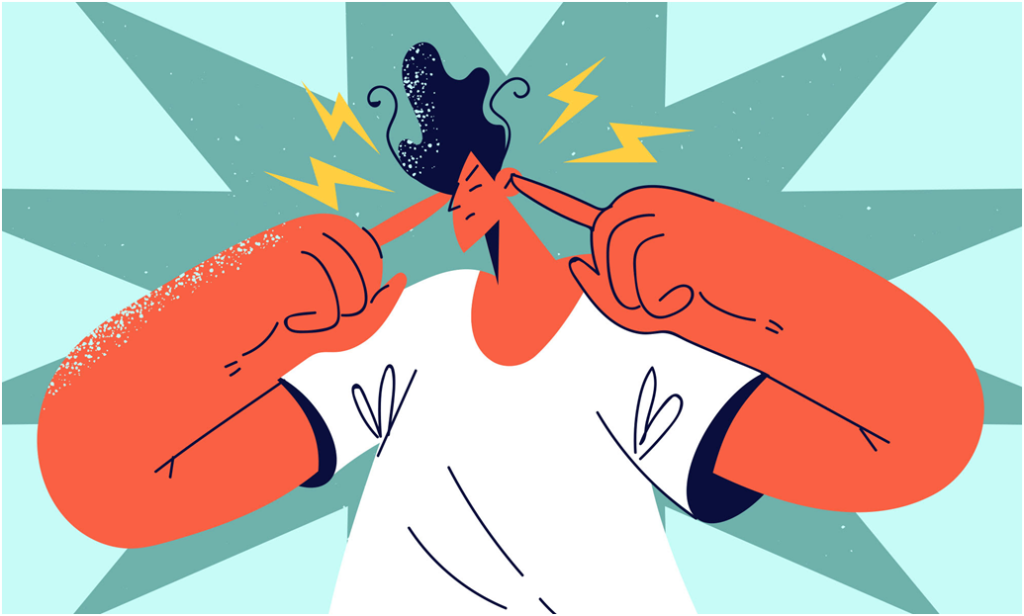Quick question: which behavioral bias do you think is the most dangerous?
Is it our tendency to follow the herd and chase trends? (This one plays out a lot in the stock market.)
Maybe the human desire to avoid losses even at the expense of the bigger picture? (Another one that hurts investors.)
Perhaps our propensity to oversimplify complex information to get easy answers? (Something we should keep in mind when watching the news.) We have a lot of biases to choose from.

Researchers think humans are susceptible to over 180 cognitive biases.1
Even professionals are subject to the same behavioral biases as everyone else.
Why? Because these emotional and cognitive quirks are wired into our human brains.
But which one is the most dangerous? It probably depends on what’s at stake. Confirmation bias is one we spend a lot of energy guarding against as professionals.
We tend to ignore information that challenges our opinions and seek evidence to confirm our beliefs.
All humans struggle with it.
It doesn’t help that media is designed to take advantage of our desire for validation.
Think back to some of the headlines you’ve seen recently.
Did they tend to confirm opinions you already have?
Did you see them as evidence to support your views?
If so, that might be confirmation bias in action.
Even pros struggle to stay objective when evaluating new information.
Professional economists, analysts, and traders spend hours digesting new reports and data.
And many of them have made high-stakes decisions based on their interpretation of where markets and the economy are going.
How attached do you think they are to their opinions?
Do you think they’re always objective about new information, or do you think confirmation bias is always waiting to pounce?
They’re trained to use many critical thinking frameworks to overcome their natural biases, but we’re all human.
Take the last jobs report, for example.
The economy added a surprising number of jobs, but the unemployment rate rose to 3.9%.2
Overall, the employment data is mixed, making it hard to draw conclusions.
That kind of ambiguous data can support pretty much any position on the economy.
If you’re getting paid to give an opinion, do you shrug and acknowledge you don’t know?
Or do you cherry-pick the data to support your preexisting position?
Inconclusive information doesn’t make for great headlines, especially when you’re under pressure to make a call.
That’s the danger of confirmation bias.
What do you think? If you know you are being biased, do you change?
It’s hard for everyone! Be vigilant!
Sources:
1. https://www.sciencedirect.com/
2. https://www.cnbc.com/2024/03/
3. https://papers.ssrn.com/sol3/
4. https://qz.com/daylight-


